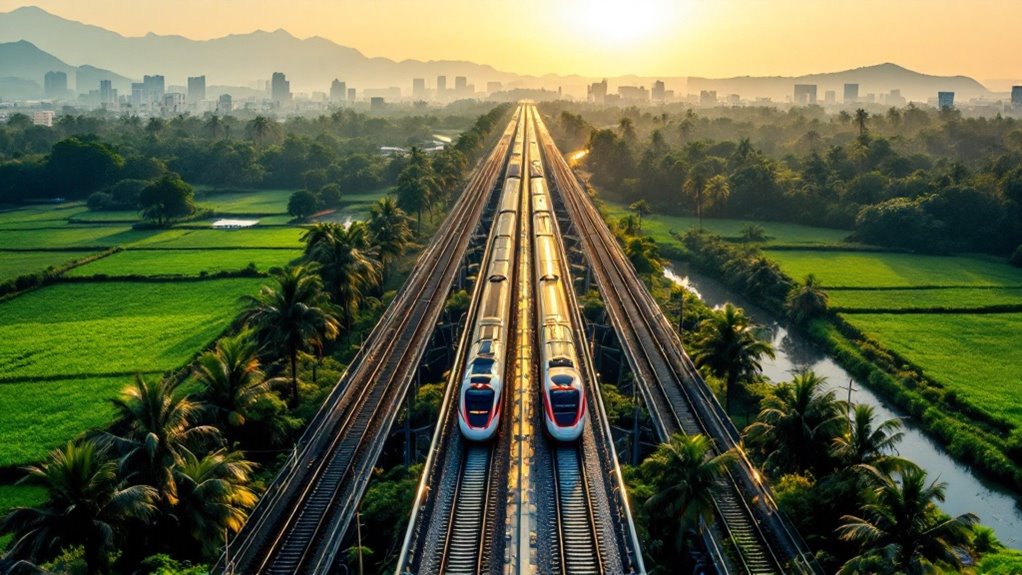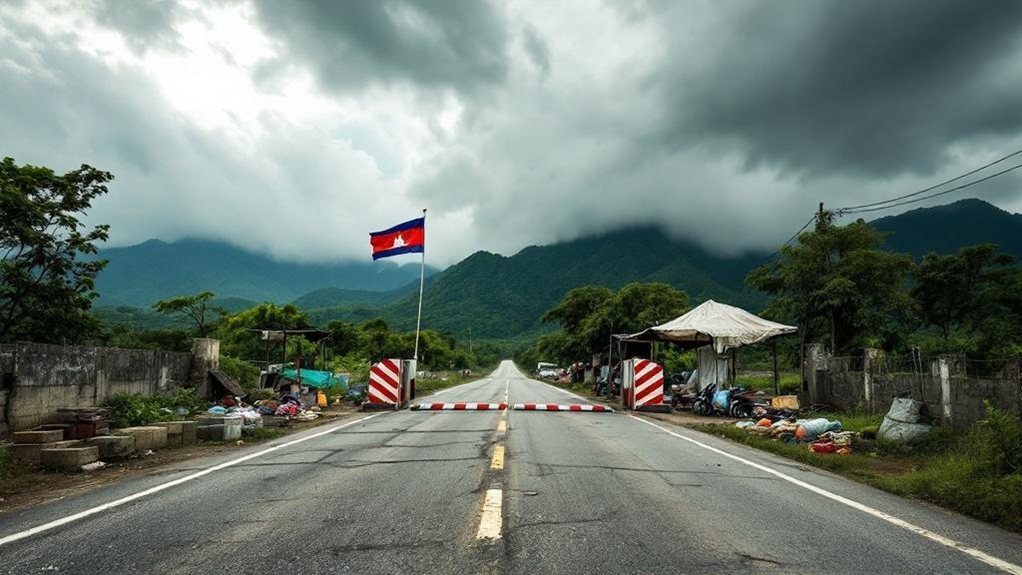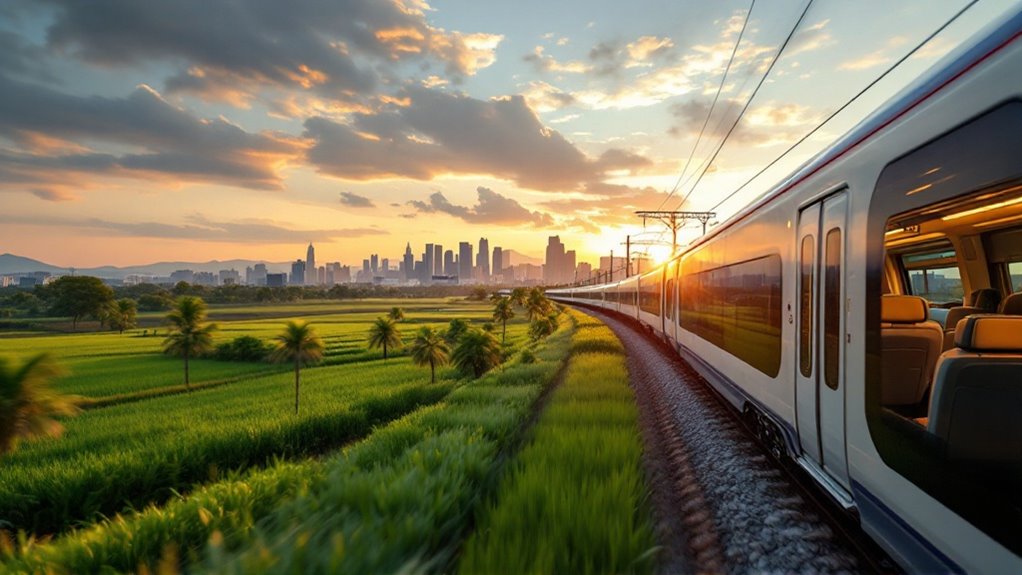The 2025 return of the direct Bangkok-Penang railway line is intensifying rail competition in Southeast Asia as Thailand and Malaysia invest in modern infrastructure, high-speed systems, and sustainable railway technology to boost regional connectivity. This cross-border project is expected to enhance passenger and trade flows, create jobs, and strengthen each country’s economic influence within the Asia-Pacific. As upcoming industry conferences highlight new rail technologies and green initiatives, understanding the shifting landscape becomes essential for industry stakeholders and policymakers.
As Southeast Asia and the wider Asia-Pacific region intensify investments in rail infrastructure, a new wave of competition is emerging among countries and companies endeavoring to secure leadership in rail technology, efficiency, and connectivity. The anticipated return of the direct Bangkok-Penang rail line in 2025 highlights this trend, as countries like Thailand and Malaysia seek to bolster their regional influence through advanced and integrated rail services.
A surge in rail investment is sparking fierce competition for leadership in technology and connectivity across Southeast Asia and the Asia-Pacific.
The upcoming Asia Pacific Rail 2025 in Bangkok and the 4th ASEAN Rail Summit in Kuala Lumpur, both scheduled for the first half of 2025, are expected to showcase technological innovations and foster collaborations that could further escalate this railway rivalry.
With multiple high-profile events such as the 2025 Indonesia Rail Summit in Jakarta and the RailNZ 25 Conference in Auckland, industry leaders and policymakers are set to discuss the latest trends, including high-speed rail development, smart rail systems, and the adoption of sustainable energy sources.
These conferences serve as platforms for sharing best practices on digital ticketing, advanced signaling systems, and green rail initiatives, all of which are reshaping the competitive landscape. Free-to-attend sessions at Asia Pacific Rail 2025 will provide attendees with direct access to thought leadership and emerging technologies in the industry.
Government support remains essential, as substantial investments are being channeled into cross-border rail projects, including those aimed at improving international travel efficiency between Southeast Asian nations.
The economic impact of this rivalry is significant, contributing to job creation in construction, operations, and technology sectors, while also facilitating increased trade through enhanced freight and passenger connectivity.
As companies compete to capture market share and offer faster, more reliable services, the region is witnessing notable advancements in rail technology, including noise reduction measures and improved waste management practices designed to meet sustainability goals. The adoption of national rail policies and the pursuit of sustainability certifications further reflect the commitment of regional governments and companies to modernize rail systems while minimizing environmental footprints.
The re-establishment of the Bangkok-Penang direct line in 2025 is emblematic of broader efforts to achieve efficient, interconnected, and environmentally responsible rail networks. Asia Pacific Rail 2025 is recognized as the premier platform for rail transport innovation, offering free-to-attend conference sessions, a large exhibition, and opportunities for networking among industry leaders and stakeholders.
As nations and companies continue to innovate and invest, the outcome of this intensified railway rivalry will likely define the future of transportation across Southeast Asia and the wider Asia-Pacific region.









